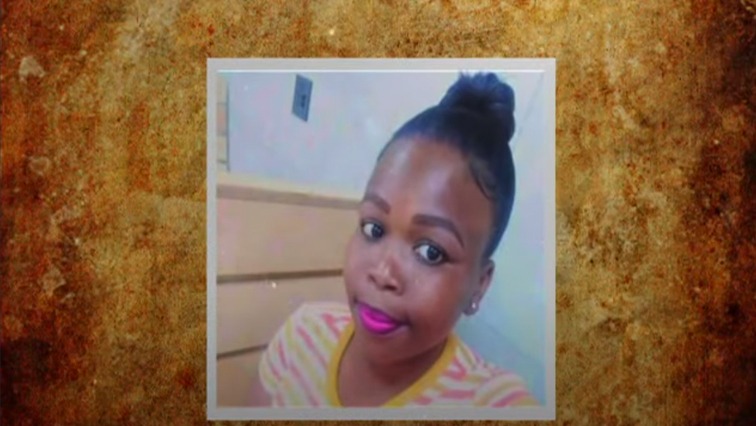Alutha Pasile, the man convicted of the murder of Nosicelo Mtebeni, has been sentenced to 25 years behind bars by the East London High Court.
On Monday, the court found Pasile guilty of the murder of Mtebeni and defeating the ends of justice.
Pasile, who confessed to the murder through a testimony that was read by his lawyer, says he committed the crime after he suspected that Mtebeni was cheating on him. Mtebeni was a fourth-year student at the University of Fort Hare’s East London Campus when she died.
Pasile was also sentenced to 10 years in jail for defeating the ends of justice.
The sentences will run concurrently.
Judge Nomathamsanqa Beshe relayed some of the evidence that was presented to the court during the trial as part of sentencing, referring to the crime as something from a horror movie. She said Pasile showed no real remorse and it is the court’s duty to protect the rights of innocent people, with sentences that match the crime.
“One wonders what it will take for the message to sink that women and other vulnerable members of society are entitled and deserve to have their rights protected and respected at all times. Women have rights, right to equality, right to dignity and right to bodily integrity and so on,” says Judge Beshe.
NPA reaction to the sentence:
Earlier, an independent social worker testifying in the pre-sentencing of Pasile told the East London High Court that she doubts he has shown remorse. In her report, Nomonde Stamper, says the fact that Pasile took time to apologise to the Mtebeni family, raises reasonable doubt as he had ample time to come forward.
On Monday, a letter by Pasile apologising to the Mtebeni family was read out in court. Mtebeni was a fourth-year law student at University of Fort Hare when she was murdered. Her family has since rejected Pasile’s apology.
“I doubt his remorse because of the time he took to take responsibility for the offence. Taking responsibility is a continuum; it’s not a yes or no answer. You need to feel the pain, the damage that you have caused on the other end. So with him, he took time because he disposed of the body and left the head and the arms, with the hope of continuing with the same offence. Now I am wondering what? Where did the remorse come now?” Stamper elaborates.



